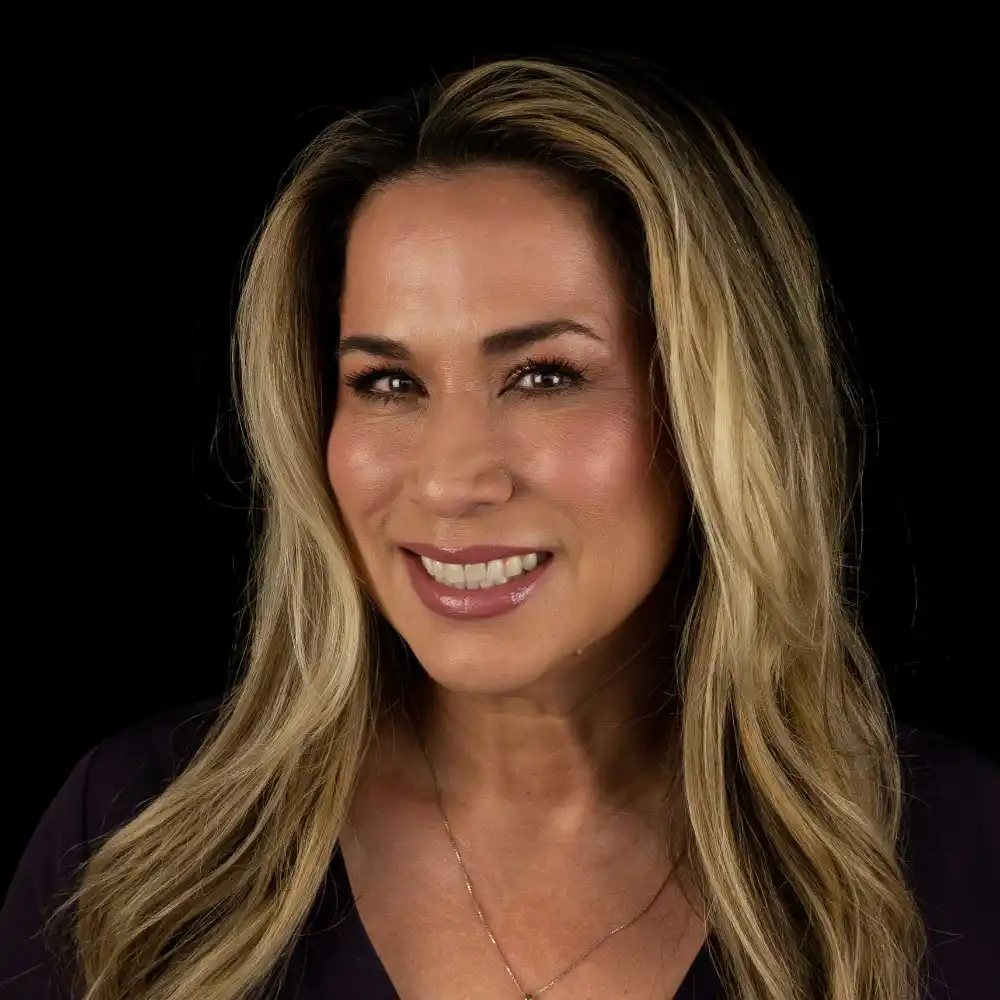A key component of real estate transactions is the earnest money deposit, and with advancements in technology, digital earnest money solutions are transforming the process. Here’s what you need to know:
What is an Earnest Money Deposit?
An earnest money deposit, also known as a "good faith deposit," is a sum of money that a buyer provides to demonstrate their commitment to purchasing a property. This deposit is typically made after the seller accepts the buyer’s offer and is held in escrow until closing. If the transaction proceeds as planned, the earnest money is applied toward the buyer’s down payment or closing costs.
Are Earnest Money Deposits Always Required?
Earnest money deposits are not always mandatory but are standard practice in many markets. Sellers often prefer offers that include earnest money because it signals a buyer’s seriousness and reduces the risk of deal cancellations.
How Much Earnest Money is Standard?
The amount varies depending on market conditions, property value, and local customs. Typically, earnest money ranges from 1% to 3% of the home’s purchase price. In competitive markets or high-value transactions, this percentage can be higher.
When is the Earnest Money Deposit Due?
The deposit is usually due within one to three business days after both parties sign the purchase agreement. The timeline may vary based on local practices or specific contract terms.
Who Holds the Earnest Money Before Closing?
Earnest money is held in an escrow account managed by a neutral third party, such as a title company, real estate attorney, or escrow company. This ensures that funds are secure and only released according to the terms of the purchase agreement.
Is Earnest Money Refundable if the Deal Falls Through?
Earnest money may be refundable if contingencies outlined in the purchase agreement—such as financing approval or a satisfactory home inspection—are not met. However, if a buyer backs out without valid reasons, they may forfeit their deposit.
Can You Use a Personal Check for an Earnest Money Deposit?
While personal checks are sometimes accepted, most transactions require a cashier’s check or wire transfer to ensure funds are immediately available and secure. Personal checks are less common due to potential delays in clearing.
Are Digital Earnest Money Deposits Really Safer Than Using a Check?
Yes, digital earnest money deposits provide enhanced security by eliminating risks such as lost checks or fraud. Platforms like Earnnest use encrypted technology to ensure funds are transferred directly from the buyer’s bank account to escrow without intermediaries.
How Do Digital Earnest Money Deposits Streamline Closing?
Digital deposits simplify the process by reducing paperwork and speeding up fund transfers. Buyers can complete transactions online at any time, eliminating delays associated with physical checks or bank visits.
ClosingLock
At Elevated Title, we use ClosingLock to securely manage our wire transactions, confirm seller identities, and receive earnest money digitally. When we receive new files, we set up both buyers and sellers in ClosingLock to streamline the process.
Why We Use Earnnest
 At Elevated Title, we partner with Earnnest, a leading digital earnest money platform, because it offers unmatched security and convenience. With Earnnest:
At Elevated Title, we partner with Earnnest, a leading digital earnest money platform, because it offers unmatched security and convenience. With Earnnest:
- Funds are transferred securely using bank-level encryption.
- Buyers enjoy a user-friendly experience with no need for physical checks.
- Transactions are tracked transparently for all parties involved.
By leveraging Earnnest, we ensure that your real estate transaction is not only secure but also efficient from start to finish.
What are the risks of using a personal check for an earnest money deposit
Using a personal check for an earnest money deposit in real estate transactions comes with several risks that can complicate the process or jeopardize the transaction. Here are the primary concerns:
- Clearing Delays Personal checks often take several days to clear, which can delay the transaction timeline. If the funds are not verified promptly, it may cause issues with meeting contract deadlines, potentially putting the buyer in breach of the agreement.
- Risk of Bounced Checks If there are insufficient funds in the buyer’s account, the check may bounce, leading to embarrassment and potentially damaging trust between the buyer and seller. This could also result in legal or financial penalties depending on the terms of the agreement.
- Fraud and Alteration Risks Personal checks are more susceptible to fraud or alterations. For example, altered checks can lead to disputes or even rejection by escrow agents, as they carry significant risks for all parties involved.
- Lack of Immediate Verification Unlike wire transfers or cashier’s checks, personal checks do not provide immediate confirmation of funds. This lack of real-time verification can create uncertainty for sellers and escrow agents.
- Lost or Misplaced Checks Physical checks can be lost or misplaced during transit, especially if mailed or delivered manually. This adds unnecessary delays and complications to the transaction.
For these reasons, many real estate professionals recommend using more secure and efficient methods, such as wire transfers or digital earnest money solutions, which eliminate many of these risks while streamlining the process.
Legal protections for earnest money deposits
There are legal protections for earnest money deposits in real estate transactions, but these protections depend on the terms of the purchase agreement, state laws, and the circumstances of the transaction. Below are key legal considerations and protections:
- Contingencies in the Purchase Agreement
Earnest money deposits are often protected by contingencies written into the purchase contract. Common contingencies include:- Inspection Contingency: Protects the buyer if a home inspection reveals significant defects.
- Financing Contingency: Ensures a refund if the buyer cannot secure financing.
- Appraisal Contingency: Allows buyers to back out if the property appraises for less than the sale price.
- Selling Contingency: Protects buyers who need to sell their current home before purchasing a new one.
(If these contingencies are not met, buyers can typically recover their earnest money deposit.)
- Escrow Account Protections
- Earnest money is usually held in an escrow account managed by a neutral third party, such as a title company or attorney. This ensures that funds are secure and only released according to the terms of the contract.
- State Laws and Local Regulations
Many states have specific laws governing how earnest money deposits should be handled. For example:- In California, deposits must be held in escrow by a neutral party.
- Texas law requires that earnest money be deposited within three business days of receipt.
(Buyers should consult a real estate attorney or agent familiar with local laws to ensure compliance.)
- Written Agreements and Deadlines
- The purchase agreement specifies conditions for refunds or forfeiture of earnest money. Missing contractual deadlines—such as those for inspections or financing—can result in forfeiture of the deposit.
- Dispute Resolution
- If a dispute arises over the earnest money, most contracts require written consent from both buyer and seller before funds are released from escrow. In some cases, disputes may escalate to arbitration or legal action.
- Non-Refundable Deposits
- Some agreements may designate earnest money as non-refundable if explicitly stated in the contract. Buyers should carefully review these terms before signing.
- Seller Breach Protections
- If the seller breaches the contract (e.g., failing to disclose material defects or refusing to complete the sale), buyers are typically entitled to recover their earnest money deposit.
To ensure full protection, buyers should work closely with experienced real estate agents and attorneys when drafting and reviewing contracts. Properly negotiated contingencies and adherence to deadlines are critical for safeguarding earnest money deposits.
For more information about our services or how digital earnest money deposits can benefit you, contact Elevated Title today!









